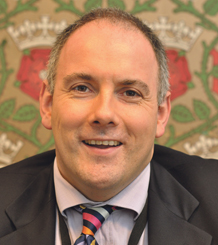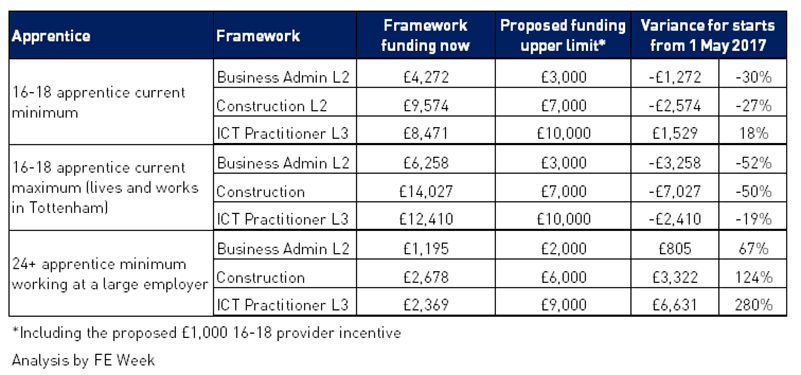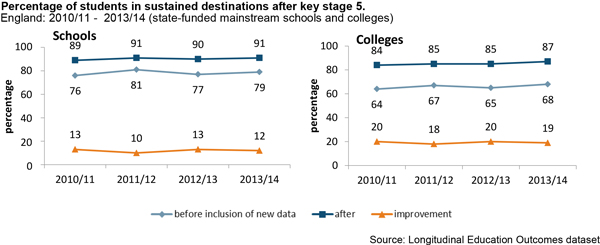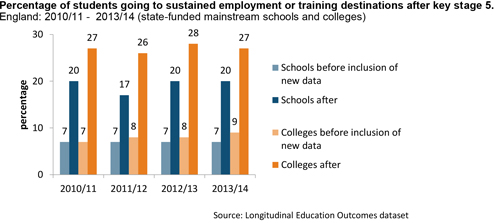This evening three national newspapers have reported our apprenticeship funding analysis along with a letter to the Skills Minister signed by over 50 MPs. FE Week editor, Nick Linford, explains how we’ve ended up here and suggests the Treasury should hand back some of the £1.5bn apprenticeship savings in order to fully-fund 16 to 18-year-old apprentices.
For the benefit of those that struggle with understanding further education policies, let’s first talk about schools. Imagine the Government decided they didn’t want to pay for school sixth forms. Instead, the Treasury will take back all their £22bn and instead fund through a new tax on the top two per cent wealthiest parents in the UK.
Then imagine the Government announces a ‘simple’ way for all parents in England to spend the tax collected via negotiating with the school’s sixth form, pupil by pupil, the price to teach them. There is no consultation about the level of this ‘simple’ price, which does not include the current extra funding for both pupils in deprived areas and school sixth forms located where staff and land costs more.
The ‘simple’ price chosen is a much lower rate, more than 50 per cent less than the current rate and because price negotiation between parent and school is now required a parent will often pay even less.
The Government defend the much lower price by saying it makes it ‘simple’ for parents.
They also point out that the new parent tax for the 2 per cent wealthiest means more money overall for school sixth forms, the poorest parents won’t have to pay at all and there is a £1,000 per pupil incentive paid to the parent and the school.
Finally, imagine FE Week crunched the numbers and found this ‘simple’ solution to the pricing issue meant schools were facing per pupil funding cuts of between 30 and 50 per cent, even assuming the parents pay the upper limit of the new ‘simple’ price.
Now repeat the paragraphs above but delete the word imagine and replace the words ‘schools sixth forms’ with ‘colleges and training providers’, ‘£22bn’ with ‘£1.5bn’, ‘tax’ with ‘levy’, ‘parents’ with ’employers’, ‘pupils’ with ‘apprentices’, ‘wealthiest’ with ‘largest’ and ‘poorest’ with ‘smallest’. Then you have a paragraph which represents what the government are introducing next May.
Its truly shocking. Just imagine Theresa May even considering a ‘simple’ school formula that cut per pupil funding in every school sixth form by even a single percentage point, let alone double digits. It. Would. Not. Happen.
The Treasury will make a £1.5bn annual saving by switching the total source of apprenticeship funding to an employer levy. Perhaps half of that £1.5bn saving could be used to improve social mobility by fully-funding 16 to 18-year-old apprentices?
We shared our analysis with several MPs, which resulted in the shadow skills minister Gordon Marsden and a former HE minister David Lammy separately writing to the Skills Minister Robert Halfon. The matter has now begun to receive national attention with news reports so far in The Guardian, Independent and Mirror.
Halfon is new in post and is probably being advised to ignore complaints about rate cuts from the Labour Party and training providers. But can he afford to ignore employers, those that these reforms are meant to be putting ‘in the driving seat’?
What does the Institute of the Motor Industry think, which includes BMW and Bentley Motors on their board? Well last week, on their website under the headline “new apprentice funding arrangements are car crash says IMI” their chief executive said: “These proposed funding levels will leave some vital apprenticeships with up to 50% less funding. Employers around the country will struggle to get training places for their apprentices under this system”
Hopefully Halfon will at least listen to employers and bring some of his celebrated campaigning skills to the task, like those he used to battle his own government from the backbenches over fuel duty increases and hospital car parking charges.
Where will the extra money come from? Well, the Treasury will make a £1.5bn annual saving by switching the total source of apprenticeship funding to an employer levy. Perhaps half of this £1.5bn saving could be used to improve social mobility by fully-funding 16 to 18-year-old apprentices?
So Mr Halfon, let’s not allow this to be a ‘car crash’ for social mobility, just a temporary hole in the road that you can persuade Theresa May and your old friends at the Treasury to fill.




